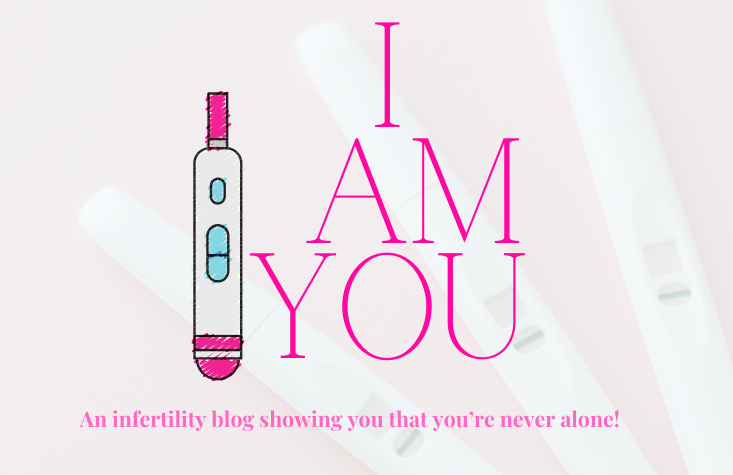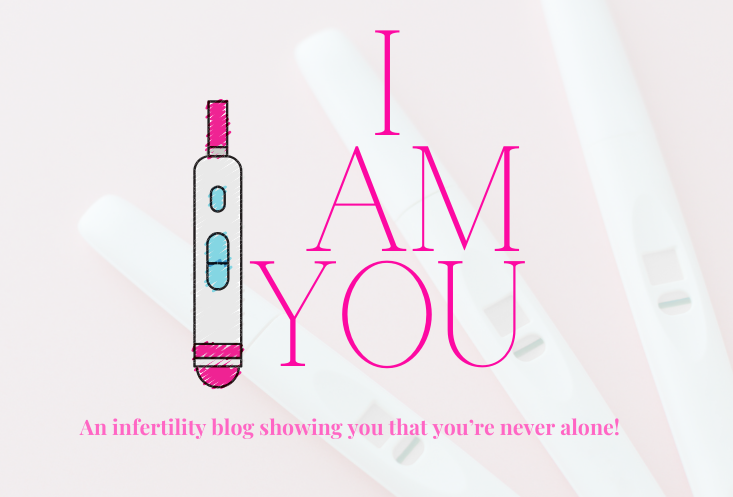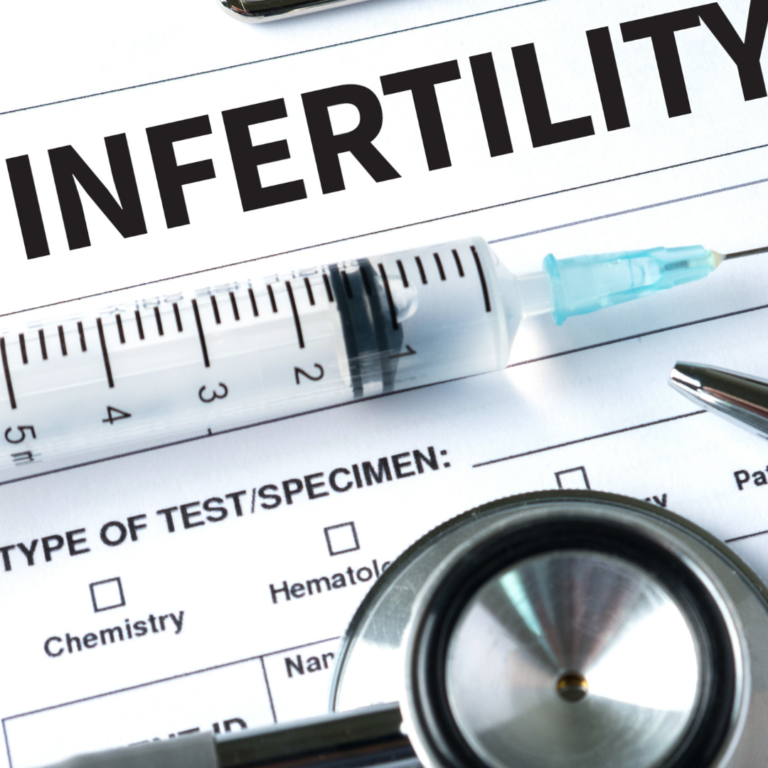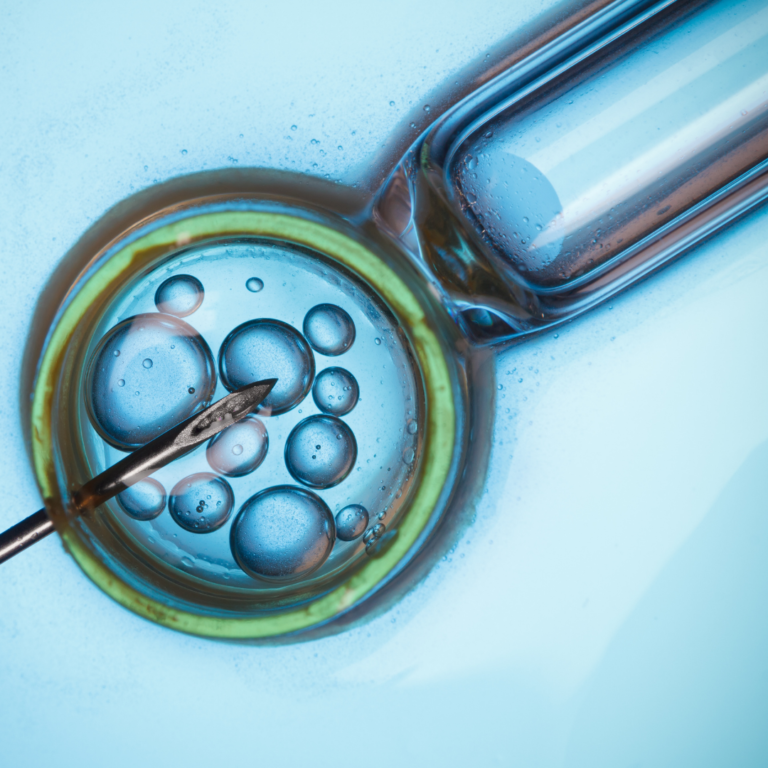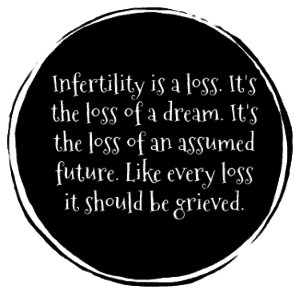Is There A Cure To Infertility?
Is There a Cure To Infertility?
Understanding Treatment Options and What’s Possible
The biggest question that I hear all the time from people in my infertility community is “Is there a cure for infertility?” Which when you are in the moment of infertility it can truly feel like there no solution and no end to all the pain.
For millions of individuals and couples around the world, infertility is a deeply emotional and challenging journey. The desire to conceive a child, coupled with the frustration of not being able to makes people wonder if there is a cure for infertility. Let’s dive into this.
The answer is complex. While some causes of infertility can be treated, leading to successful pregnancies, there isn’t a universal “cure” that guarantees fertility for everyone. Let’s really talk about what infertility is, the different types of treatments available, and whether some conditions can be resolved.
What Is Infertility?
Infertility is the inability to conceive after one year of regular, unprotected sex for women under 35, or after six months for women over 35. Infertility can affect both men and women. There’s not just one answer for what causes infertility. Both myself, and my husband had infertility issues.
Some of the most common causes of infertility include:
- Ovulation disorders (such as polycystic ovary syndrome, or PCOS) – Which is what I have
- Blocked or damaged fallopian tubes
- Uterine abnormalities (such as fibroids)
- Low sperm count or poor sperm quality – Which is what my husband has
- Hormonal imbalances
- Endometriosis
- Unexplained infertility, where the cause cannot be identified despite testing
Is There a Cure for Infertility?
The idea of a “cure” implies a permanent fix for a condition. In the case of infertility, many causes can be treated, but treatments do not guarantee fertility for everyone. Which is heartbreaking.
Below are some conditions where treatments may lead to successful conception, and in some cases, restore fertility.
1. Ovulation Disorders
Many women with ovulation disorders, such as PCOS, don’t ovulate regularly, making it difficult to conceive. I would ovulate one month and then wouldn’t the next. My periods are always heavy and longer than the normal time. In these cases, medications like Clomid, pr Letrozole can stimulate the ovaries to produce eggs. For many women with ovulation issues, this treatment can help with ovulation, leading to pregnancy naturally or with the help of timed intercourse or IUI.
- Is it a cure? While ovulation-stimulating medications can help many women get pregnant, the condition is still there. However, for many women, medication is enough to help them get pregnancy.
2. Blocked or Damaged Fallopian Tubes
Blocked or damaged fallopian tubes are a common cause of infertility, often resulting from conditions like pelvic inflammatory disease (PID) or previous surgeries. In some cases, fertility can be restored through surgery to repair the tubes, allowing natural conception.
- Is it a cure? If the surgery is successful, the repaired tubes may allow natural conception, which could be considered a cure in some cases. However, surgery is not always possible or effective, and many women with blocked tubes turn to IVF, which bypasses the tubes altogether.
3. Male Factor Infertility
Male infertility, often caused by low sperm count or poor sperm motility, can sometimes be addressed through lifestyle changes, medications, or procedures. For example, men with hormone imbalances may be prescribed medications that can boost sperm production, while surgery can correct blockages that affect sperm delivery. We did both of these things for Tyson. He had varicocele veins surgery. Which was supposed to help his sperm count. But that wasn’t the case for us. He also was on clomid for many months. Neither of these things increased his motility or count. So that is why after everything we went with IVF.
For couples facing male infertility, intracytoplasmic sperm injection (ICSI), a procedure where a single sperm is injected directly into an egg during IVF, is a treatment.
- Is it a cure? Some cases of male infertility can be improved or even resolved with treatment, but others may not be “curable,” requiring the assistance of procedures like ICSI or sperm donation. It really just depends on what the issue of the sperm is.
4. Endometriosis
Endometriosis, a condition where tissue similar to the uterine lining grows outside the uterus, can cause pain and infertility. Depending on the severity, surgical removal of the endometrial tissue may improve fertility in some women. Medications to manage symptoms, such as hormonal therapies, may also be used to help reduce the impact of endometriosis on fertility.
- Is it a cure? In some cases, surgery to remove endometriosis can improve fertility and increase the chances of pregnancy, but the condition often recurs. For many women with endometriosis, IVF offers the best chance of getting pregnant.
5. Unexplained Infertility
About 10-20% of infertility cases are classified as “unexplained,” meaning that no clear cause is identified even after thorough testing. While this can be frustrating, many couples with unexplained infertility still go on to conceive, either naturally or with fertility treatments like IUI or IVF.
- Is it a cure? Because the cause is unknown, there’s no specific cure for unexplained infertility. However, treatments like IVF often result in successful pregnancies for many couples.
6. Advanced Maternal Age
As women get older, getting pregnant naturally is a lot harder. While there is no cure for age-related infertility, treatments like IVF can increase the chances of pregnancy. Sometimes women may opt for egg donation, where a younger woman’s eggs are used to achieve pregnancy. Which is such a great option when you want to become a mom.
- Is it a cure? There is no cure for age-related infertility, but IVF or egg donation offer solutions for older women hoping to conceive.
While there isn’t a one-size-fits-all cure for infertility, there are many effective treatments that can help individuals and couples achieve their dreams of parenthood.
Some causes of infertility can be resolved with treatment, while others may require ongoing assistance through fertility treatments.
If you’re struggling with infertility, the most important step is seeking out a fertility specialist who can guide you through your options and create a personalized treatment plan. Fertility challenges can be so incredibly hard and emotional. If you need someone to talk to my inbox is always open.

